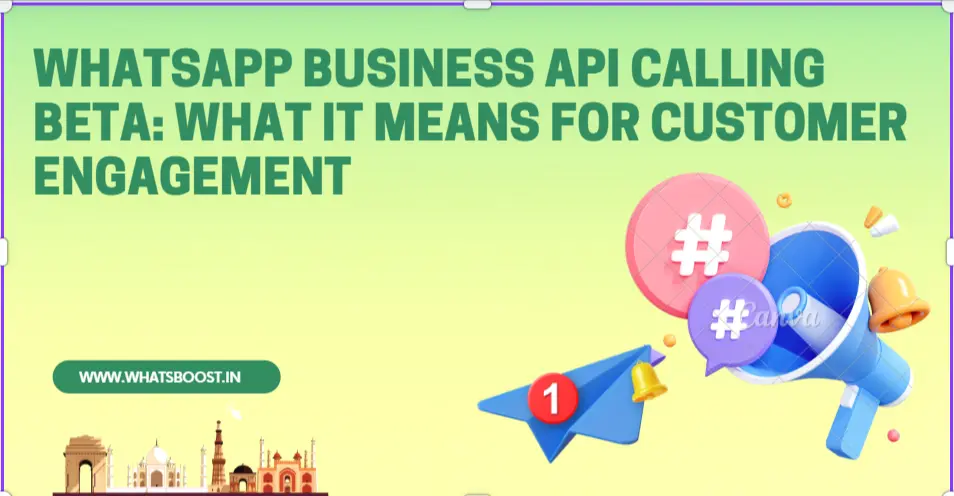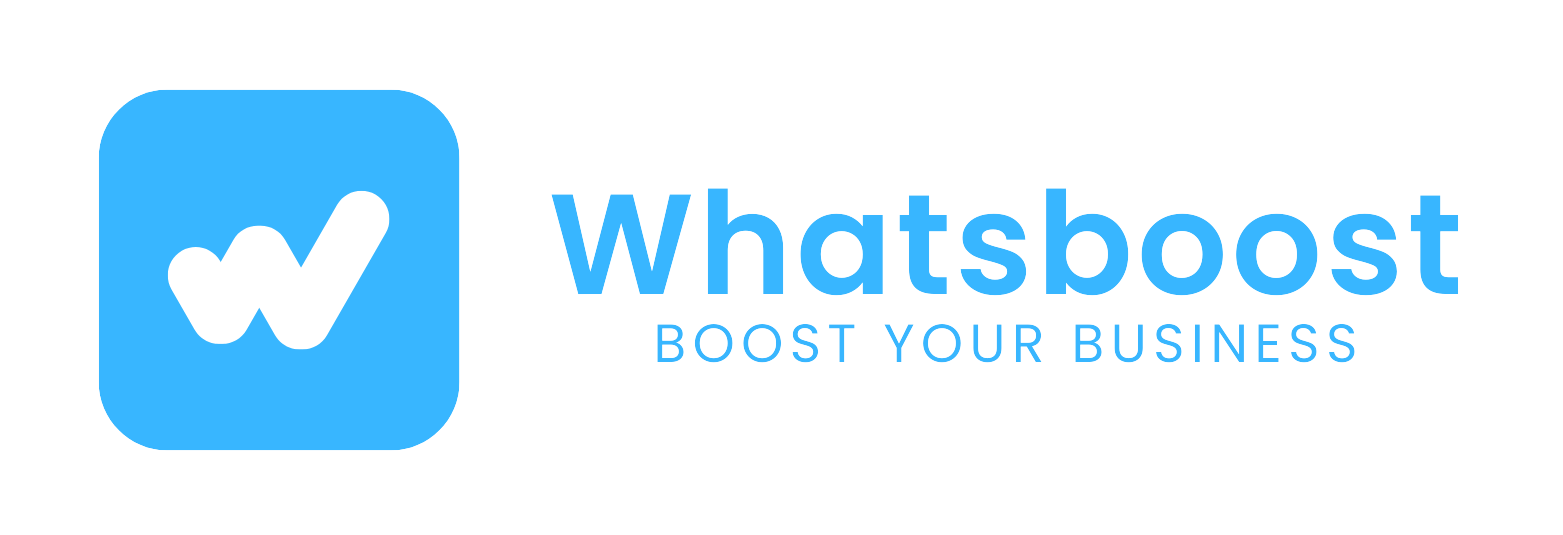
WhatsApp Business API Calling Beta: What It Means for Customer Engagement
Explore the new WhatsApp Business API calling beta update—what it is, how it works, key benefits for businesses and customers, and real-world use cases. Stay ahead with the future of WhatsApp customer engagement, powered by Whatsboost.
As customer expectations rise, service teams are looking for new ways to offer fast, personal, and effective support. According to industry research, 76% of consumers still prefer phone calls when reaching out to brands for help or information1. Now, with the WhatsApp Business API calling beta update, companies can speak directly to their customers—right in the same app they use every day.
Let’s dive into what this update is, why it matters for both businesses and customers, and how it can modernize the way you build relationships through WhatsApp.
What is WhatsApp Business API Calling?
WhatsApp Business API calling introduces Voice-over-IP (VoIP) calling directly inside WhatsApp’s familiar interface. Businesses using the API can now make and receive calls with their audience seamlessly—no need for separate phone lines or switching between platforms.
Key Features:
Direct Voice Communication: Customers can initiate a call by tapping the call icon in chat, instantly connecting to a team member.
Intelligent Routing: Through smart links or deep linking, calls can be directed to the right department or specialist.
Strict Permissions: Outbound calls to customers are only allowed after obtaining their express consent or opt-in, keeping privacy and user experience front and center.
Why This Update Matters: Benefits for Businesses and Customers
Customer Benefits
Simplicity & Speed: Answers to complex questions can be delivered quickly via a voice call, avoiding long text exchanges.
Personalized Experience: Speaking with a human adds a layer of trust and care, crucial for sensitive issues—especially in sectors like banking, fintech, or healthcare.
Convenience: No need to exit WhatsApp or search for external support numbers.
Business Benefits
Greater Accessibility: Over 2 billion minutes of voice calls are made daily on WhatsApp, underscoring how comfortable users are with this channel.
Enhanced Qualification: Following up with potential customers or providing more nuanced advice is easier via voice, blending automation with personalized dialogue.
Stronger Branding: Verified business profiles, paired with voice calls, reinforce legitimacy and brand strength.
Higher Conversion Potential: The combined power of messaging and calls often leads to quicker decisions and higher close rates.
Cost-Efficient Growth: Scale customer conversations without the high costs of traditional call centers.
Minimized Miscommunication: Complex scenarios and nuanced details are more easily clarified with a real-time conversation. Integrating noise reduction tools can further ensure clear communication.
How Does WhatsApp Business API Calling Work?
Starting a Call:
Users tap the “call” button in chat, immediately reaching the most appropriate team member or department.IVR Integration:
Businesses can set up familiar interactive menus right in WhatsApp, allowing callers to choose options through the keypad.Permission-Based Outbound Calling:
Only with user consent, companies can proactively reach out for consultations, follow-ups, or service updates.Privacy and Compliance:
All calls abide by strict privacy norms. Outbound calling is only possible after explicit permission, preventing unwanted contact. (Note: At this stage, only voice calling is available—video calls and PSTN are not yet supported.)
Where Can WhatsApp API Calling Make the Biggest Impact?
Customer Support
Ideal for industries like financial services, healthcare, travel, and education, where some inquiries are too complex for chat or bot automation.
Sales Consultations
Transitioning a conversation to a call when a user seeks personalized guidance or has detailed product questions can build trust and close deals faster.
Order Verification and Updates
Confirming purchases, checking details, and providing timely delivery updates—all become more personal with a voice on the line.
Follow-up and Nurturing
Personalized calls guide prospects through high-value purchase decisions or important milestones in their journey with your company.
Early Adoption: Real-World Inspired Use Case
Consider a major insurance provider that has begun using WhatsApp Business API calling for its sales process. Here’s how the journey is structured:
The customer receives an opt-in message, inviting them to discuss their policy needs.
When they are ready, a quick tap on the call icon connects them instantly with a specialist.
During the conversation, additional questions, complex coverage topics, or clarifications are easily addressed.
Sales journeys are now completed entirely within WhatsApp, offering customers a cohesive, end-to-end experience.
When Will WhatsApp Business API Calling Be Available?
As of now, WhatsApp Business API calling is in a beta phase. A universal launch date hasn't been set, but it is expected to roll out more widely by late 2025. Businesses that are ready to embrace innovation—and are prepared to integrate voice calls alongside current WhatsApp strategies—will be well-placed to benefit first.
Final Takeaway
WhatsApp Business API calling marks a significant leap forward in real-time customer communication. By combining the efficiency of messaging with the warmth of voice interaction, brands can deliver support, nurture relationships, and boost conversions—all from the channel customers prefer. Whether it’s for customer support, sales, or post-purchase check-ins, this update opens up fresh opportunities for deeper, more meaningful connections.
If you want your business to stay ahead of the curve, now’s the time to prepare your WhatsApp strategy for a future where calls, messages, and interactions all come together in one seamless place.
